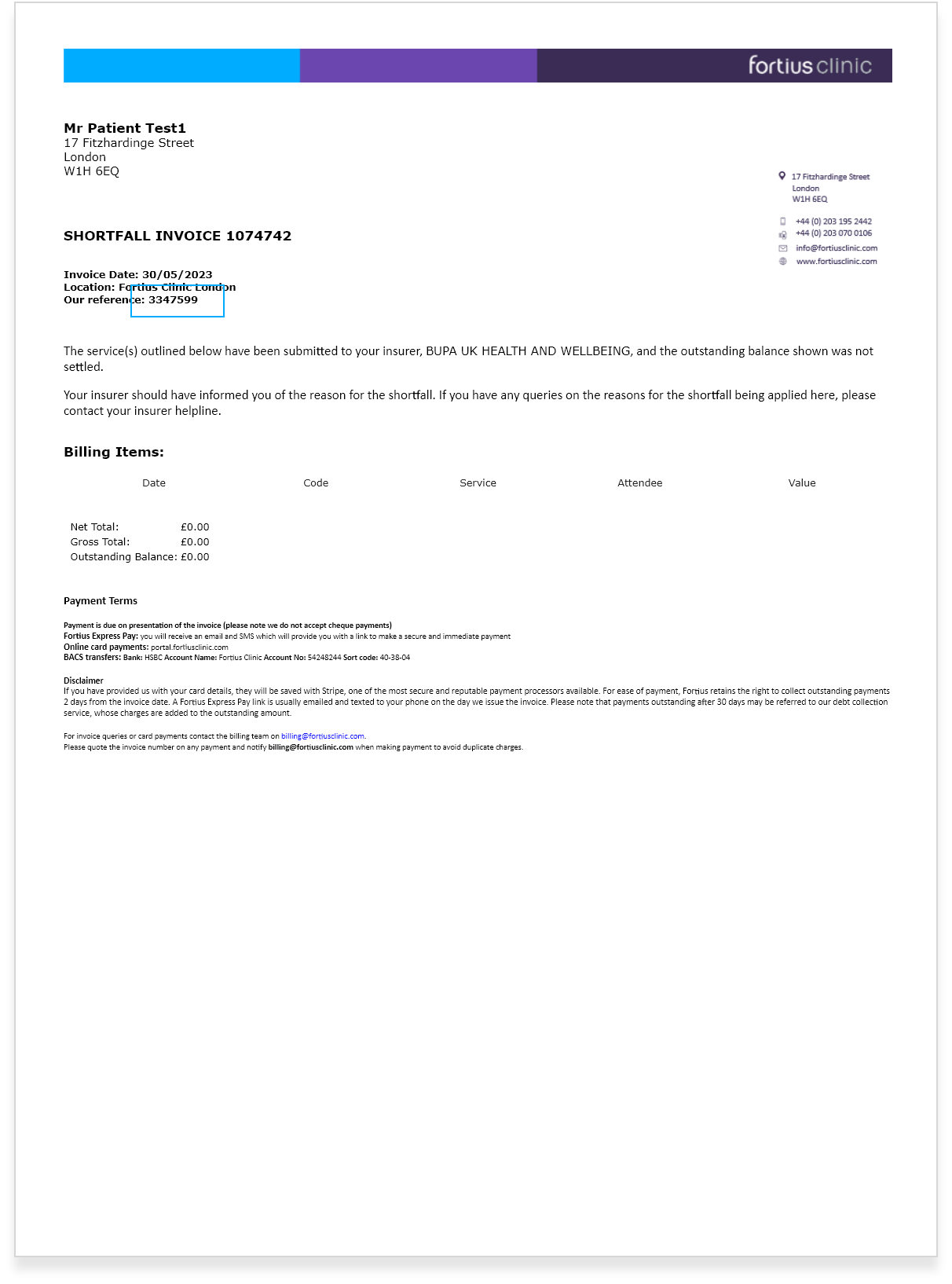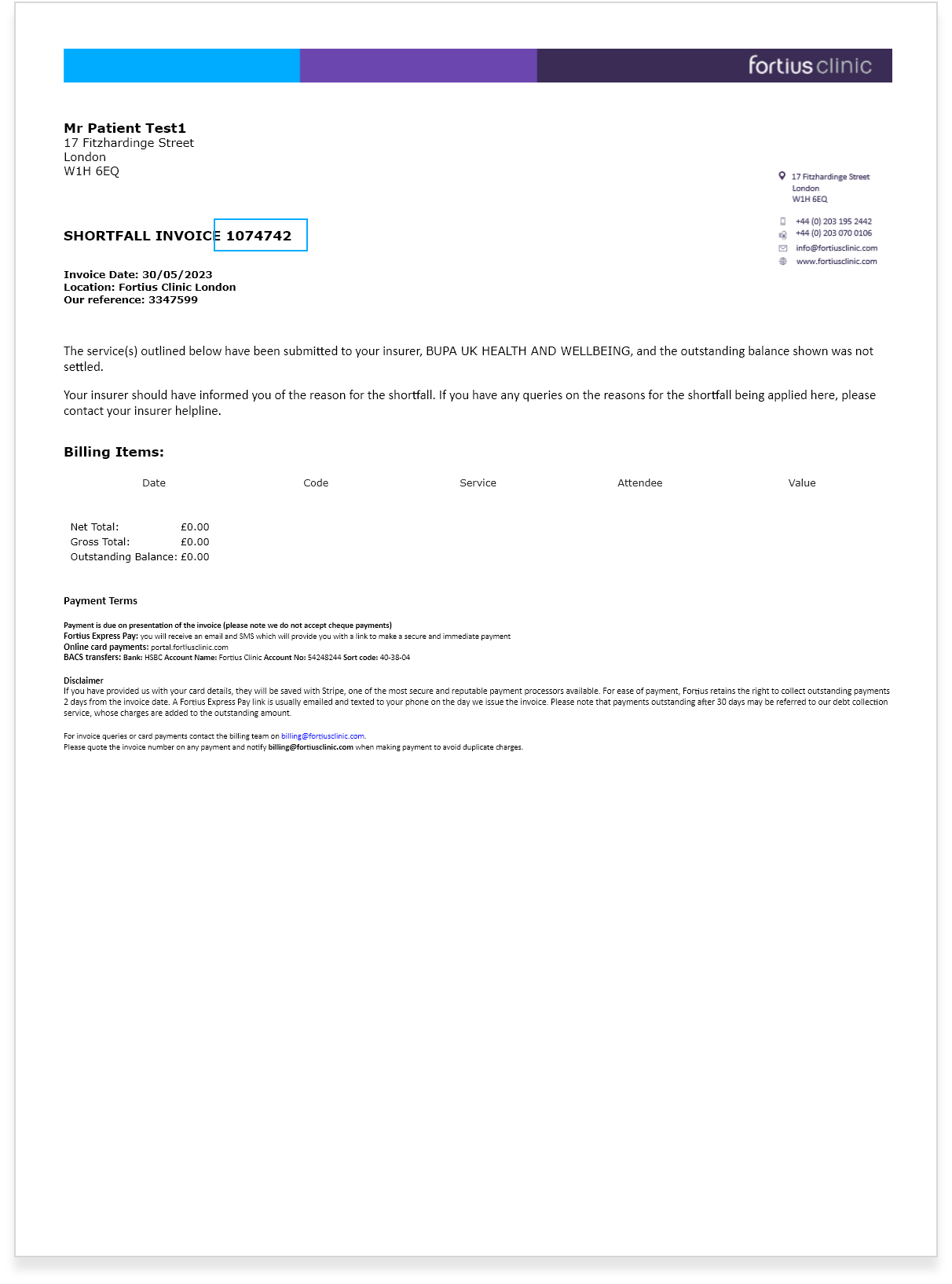When work becomes a pain in the neck
15 June 2018
Our increasingly desk-bound lives can have a harmful effect on our health, causing serious problems with back and neck pain, tendinitis and osteoarthritis.
In fact, The Work Foundation, part of Lancaster University, has published research on the impact of musculoskeletal disorders, indicating that it is one of the leading causes of work absence and incapacity. It’s thought that MSDs affect the annual European GDP by up to 2% which works out at a staggering €240 billion a year.
Musculoskeletal disorders refer to any conditions that involve the muscles, ligaments, tendons and nerves, which form the support structure for the body. This covers a wide range of conditions, affecting all areas of the body.
Initially, you may just experience a sensation of aching, discomfort or fatigue in the body part that is affected. This will usually disappear at the end of the working day and there is typically no reduction in your work performance. If untreated, though, the aches and strains you feel during the day persist after working hours and it may start to affect your ability to perform your normal work tasks. Eventually, pain and discomfort can begin to affect your ability to sleep and even perform the lightest duties.
The bottom line from The Work Foundation is that early intervention is the most effective way of ensuring that people suffering from MSDs can remain in work.
Prevention is better than cure
Health and safety initiatives have, in the past, focused on reducing injuries for workers that perform heavy lifting, the pushing and pulling heavy loads or bending and turning in awkward positions. Sitting at the desk, on the other hand, seems like a risk-free occupation and yet there are a number of problems associated with sitting for long periods:
- Sustained posture; the body is designed for constant movement and sitting in the same position for long periods of time affects the static load on our nerves, muscles, ligaments and tendons, which commonly presents as back, neck and shoulder pain. The lower back is often a source of discomfort as increased pressure is put on on the spinal discs.
- Circulation problems; sitting for long periods restricts circulation in the lower limbs and workers can suffer from swelling, numbness and tingling sensations in the legs, ankles and feet.
- Awkward positioning; if a workstation is not set up correctly, the spine may be forced into what is termed a ‘non-neutral position’. The muscles and ligaments are forced to work hard to protect the spine and support the body. Neck, wrist and arm posture may also be positioned awkwardly.
- Repetitive strain; repetitive actions place extra pressure on the muscles and ligaments.
There are a number of preventative measures that can help prevent musculoskeletal problems developing. Fit for Work, has produced a number of initiatives that can improve worker’s health:
- Breaks are essential; employers should introduce initiatives that make getting up and moving around a must
- Ensure that workstations are set up correctly and regularly check that staff are doing what they should
- New office equipment is being developed all the time that focuses on improving posture and body position including standing desks
- Encourage workers to report signs of strain or discomfort as early as possible
Fortius Clinic is the UK’s largest single orthopaedic and sports injury medicine group. With over 50 leading specialists, we are dedicated to providing innovative and long-term solutions to patients with a range of musculoskeletal conditions, both surgical and non-surgical. To book a consultation call 020 3195 2442 or alternatively email appointments@fortiusclinic.com.


